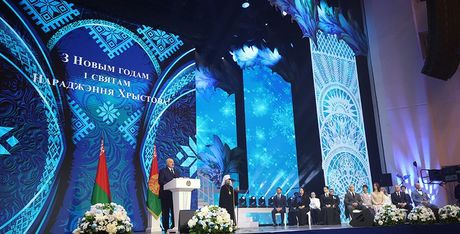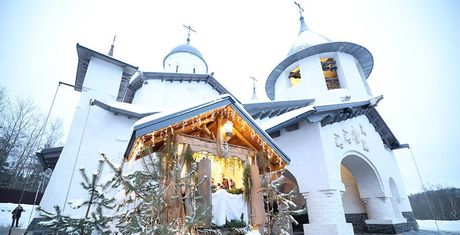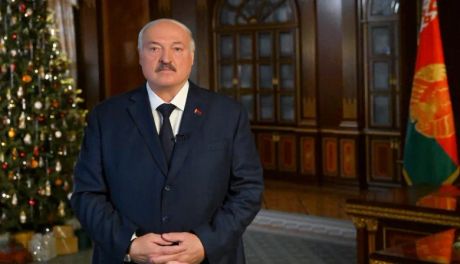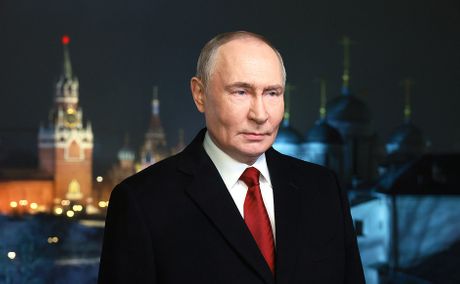Lukashenko hosted a meeting to discuss draft forecast documents for 2026
12:00, 16 October
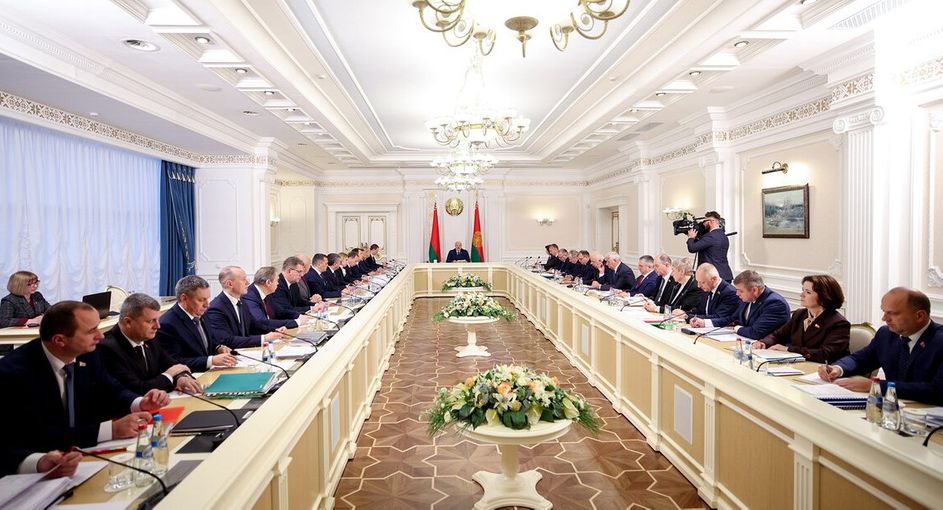
Photo: the press-service of the head of state
Belarusian President Aleksandr Lukashenko hosted a meeting to discuss draft forecast documents for 2026, the press-service of the head of state reports.
- Share on Facebook
- Share on VK
- Share on Twitter
The agenda included draft documents on the country's social and economic development, an economic forecast, and a budget for the upcoming year.
The head of state recalled that this year marks the end of the sixth five-year program. He stressed that extraordinary efforts must be made before the end of 2025 to meet all the set targets.
“The situation is still ambiguous,” the President noted. “On the one hand, there are tangible results: real wages and overall household incomes have been steadily growing. This year, pensions have been increased twice. Our national currency has strengthened, and gold and foreign exchange reserves have reached record levels (though even liberals are now asking whether we truly need reserves of this scale, and why we are voluntarily freezing the reserves we already have, given the shortage of foreign currency).”
"On the other hand, there has been a current decline in several traditional industries. Three out of the five key indicators for this year have not been met (so far)," Aleksandr Lukashenko continued. "Gross domestic product has increased by less than 2% in January-August."
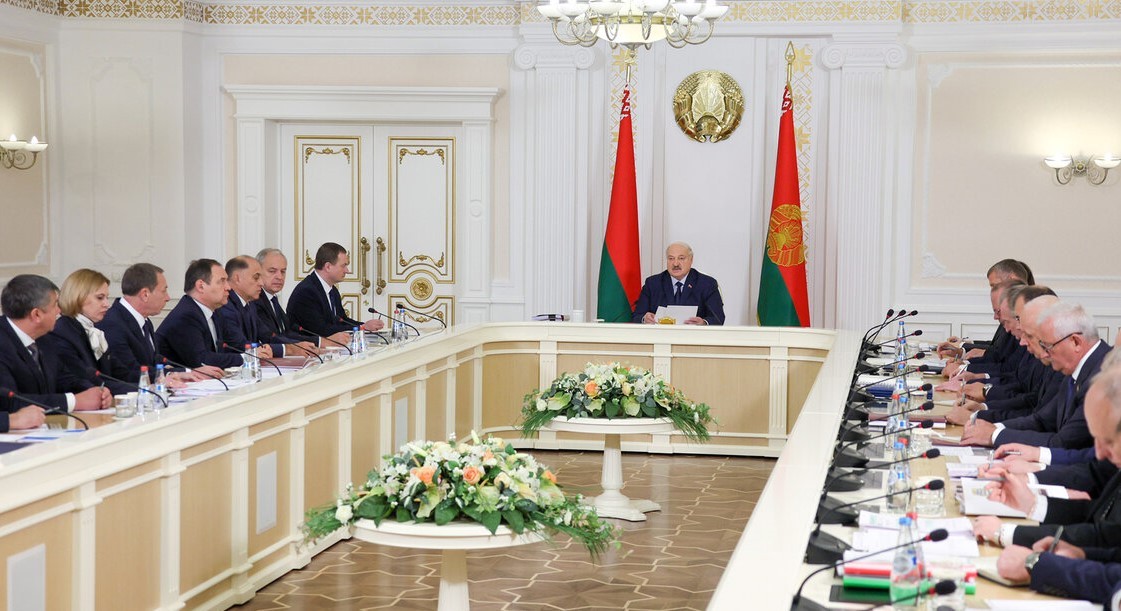
The head of state also asked about the performance of the agricultural sector, which, despite difficult weather conditions, managed to gather a decent harvest. However, growth rates remain slightly below last year’s level (99%). Still, it can be said with confidence that by the end of the year the figure will rise above 100%, as the vegetation period of crops and, accordingly, the harvesting campaign have shifted.
“Specific tasks have been assigned to all responsible officials regarding the situation in agriculture,” Aleksandr Lukashenko emphasized. “I’d like to warn you: any slightest failure to fulfill not only my instructions but also our agreements and decisions will be punished in the harshest way. If we constantly demand technological and labor discipline, we must practice it ourselves.”
Among the challenges in the economy, the President stressed a decline in industrial performance: down by 0.8%. “Moreover, the deterioration of its dynamics has been observed since the first quarter (on average, half a percent per month),” he noted.
As for exports, sales have remained at 97-98% in recent months. “That means at least about $650 million has been lost. And we are losing money in areas where we should be making profits, on our flagship products: tractors, harvesters, paints, tires, butter,” the head of state pointed out. “As a result, manufactured goods are accumulating in warehouses, and stock levels have not dropped below 80% for the fifth month in a row. Consequently, the trade balance has remained persistently negative.”
The investment situation is also mixed. Despite overall growth, the volume still falls short of maintaining the economy's competitiveness (around 19% of GDP).
A more detailed discussion of the current economic results is planned in two weeks at an expanded-format meeting with the President, the government, and other invited participants.
Speaking about the results the conference is supposed to produce, the President stressed: “The key thing is I want to see in what manner we have organized the work of the so-called mobilization economy as a matter of principle. Mass media often use this term and it sounds right. And give me concrete examples, without rigmarole and general contemplations about ‘the controlled cooling down of the Russian market’ as the key reason behind our difficulties.”
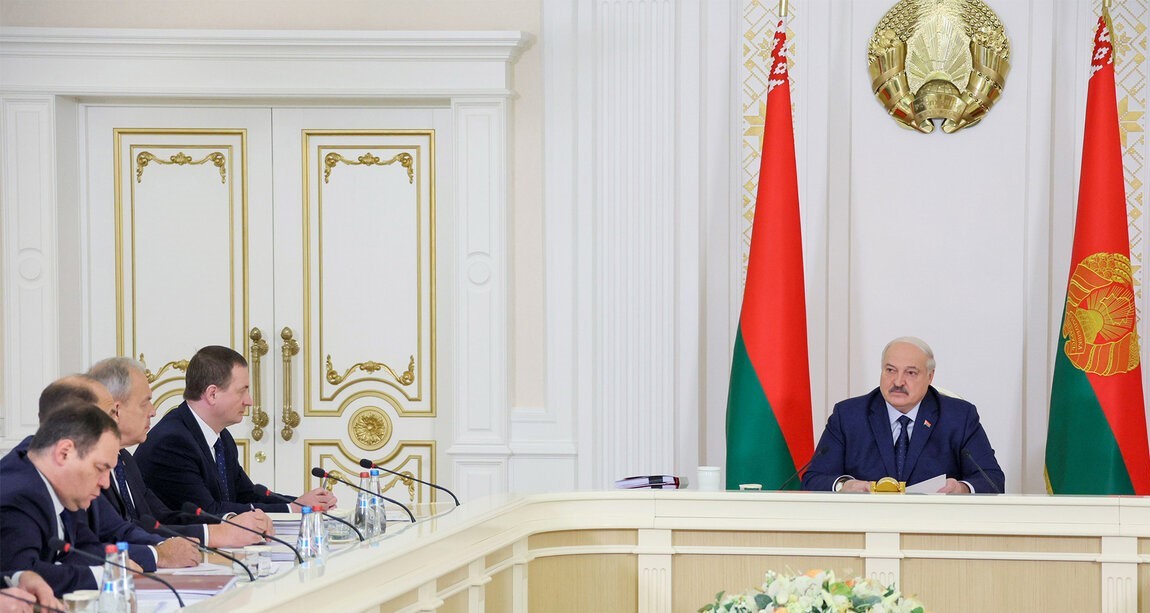
For example, deputy prime ministers with concrete names have been assigned to develop export, which, by the way, is going downhill for now. “How do the prime minister, the government, and the presidium hold them and the minister of foreign affairs responsible?” Aleksandr Lukashenko wondered.
The next rank of the people in charge of increasing export is industry-specific ministers and ambassadors of Belarus in key countries, whom the President constantly encourages to focus on trade and investment projects. They are followed by directors of enterprises and their marketing divisions.
“I repeat: a clear vertical and a system. Does it exist or not? It does. Does it work?” the President addressed participants of the government conference. “On top of that you need digitized tasks and control.”
Aleksandr Lukashenko stressed that it is difficult to talk about macro matters in the current situation when “a war is ablaze behind one fence and things are flying towards a war at full speed over the other fence.” “Meanwhile, you cannot sell butter, tractors, and harvesters. I advise you to get out of your warm chairs, cars while there is still time and start looking farther, much farther than our traditional Russian market,” the head of state said.
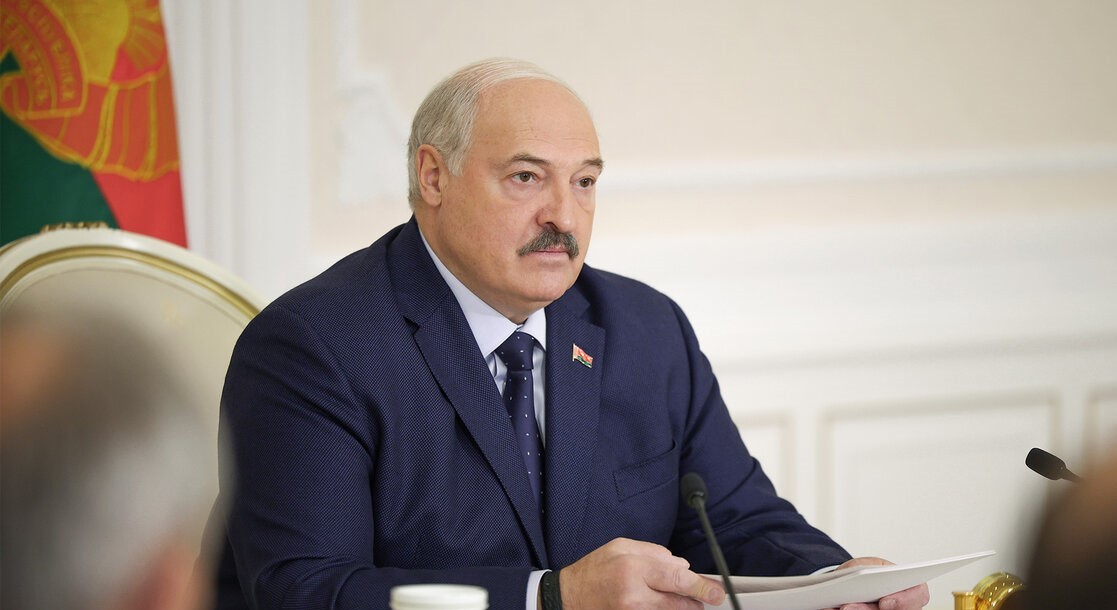
The President stated that results of the efforts to develop Belarusian export are very modest for now if raw materials are disregarded.
“On the whole, we will soon examine how our government vertical takes care of the sustainable development of the economy. I repeat: you have an entire quarter [of the year] till the year end. And stop complaining that our government is new. Is it really? Stop complaining that it’s been working allegedly for less than a year and this is why these are not your faults and shortcomings,” Aleksandr Lukashenko pointed out. “It is simply shameful in the current situation. Man up!”



